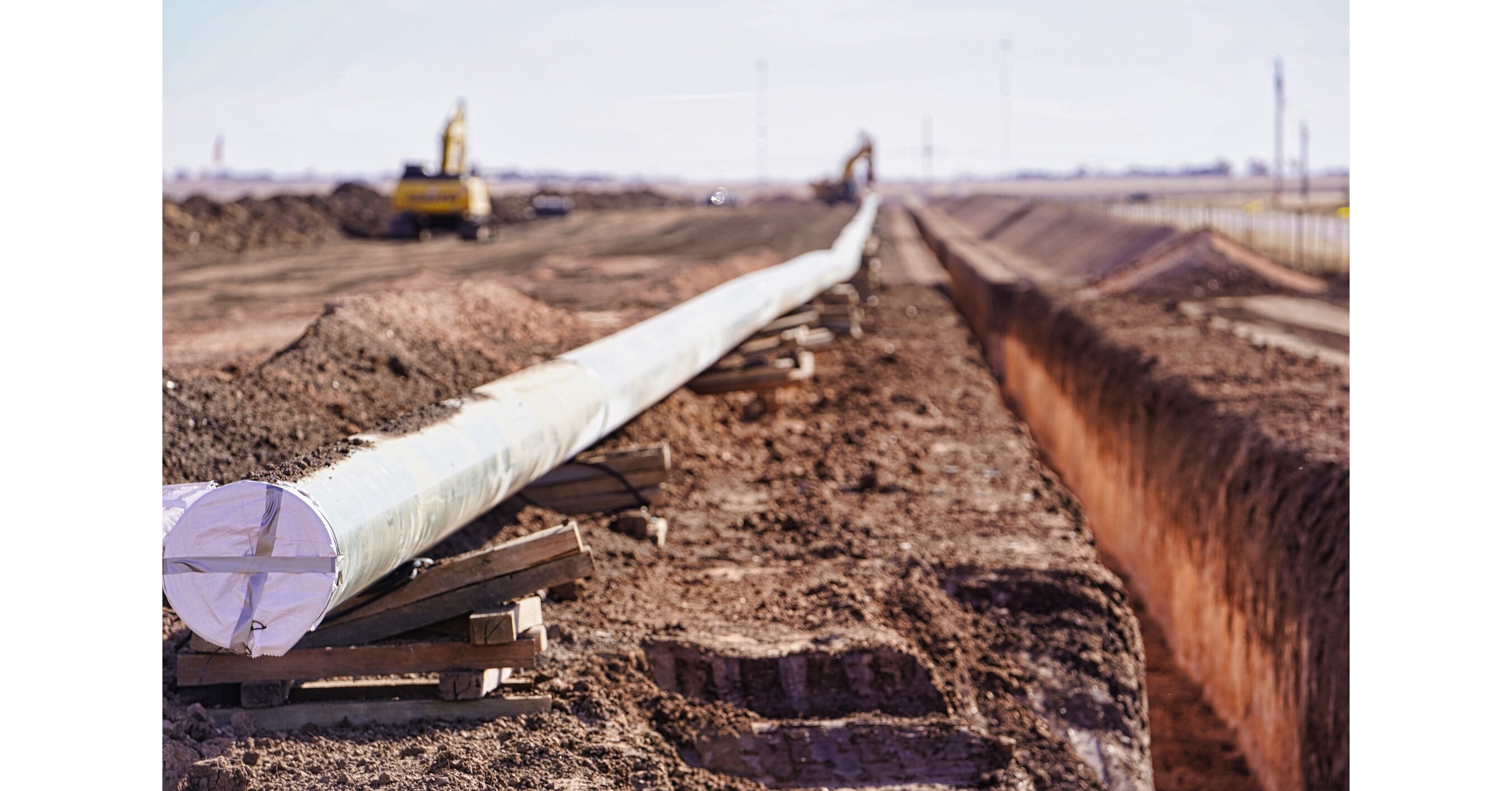Natural disasters, such as hurricanes, earthquakes, floods, and wildfires, can have devastating effects not only on physical infrastructure but also on the mental well-being of individuals and communities. As professionals in the field, it is crucial to understand and address the psychological toll these events take on survivors to promote resilience and facilitate healing.
In the aftermath of a natural disaster, individuals often experience acute stress responses. These may include feelings of injury and denial, fear and anxiety about personal safety and the well-being of loved ones, as well as sorrow and grief over the loss of homes, possessions, or even lives.
While some people may recover from the immediate trauma relatively quickly, others may suffer from long-term mental effects such as Post-Traumatic Stress Disorder (PTSD), depression, and chronic anxiety. Certain populations, such as children, the elderly, and low-income individuals, are particularly vulnerable to the mental impacts of natural disasters.
As professionals in disaster management, mental health, and related fields, there are several key strategies we can implement to mitigate the mental impact of natural disasters. These include:
1. Preparedness and Education: Providing communities with information about potential hazards and effective coping strategies can reduce fear and anxiety. Mental health first aid training for first responders and community leaders is essential.
2. Immediate Mental Relief: Offering immediate psychological support through counseling, support groups, and crisis intervention can help survivors process their emotions and begin the healing process.
3. Long-Term Mental Health Services: Ensuring access to long-term mental health services is critical. This includes therapy, support groups, and, if necessary, psychiatric services.
4. Community Building: Building strong community bonds before and after a disaster can provide a support network that is vital for mental resilience. Community events, shared healing efforts, and peer support groups can all contribute to this.
5. Policy Advocacy: Advocating for policies that provide funding for mental health services and support for disaster-affected populations can create a stronger framework for addressing mental health needs.
Understanding the mental impact of natural disasters is essential for developing comprehensive disaster response and recovery plans. By prioritizing mental health alongside physical safety and infrastructure rebuilding, we can support more holistic healing and foster resilience in affected communities. As professionals, our role is to integrate mental health considerations into all stages of disaster management, ensuring that survivors receive the support they need to rebuild their lives both physically and emotionally.






